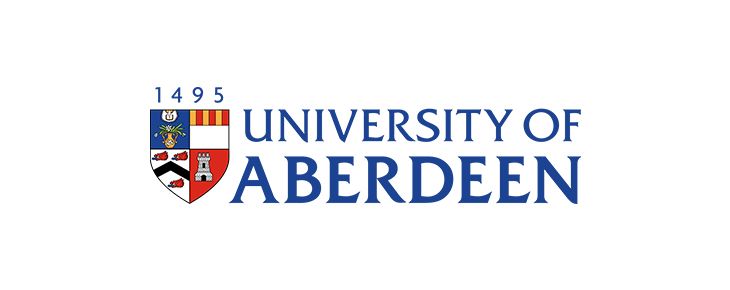University of Aberdeen: AI and data science project to help food and drink sector lower emissions
Scientists at the University of Aberdeen are embarking on a £1.1m project that will harness the power of artificial intelligence to help the UK’s food and drink industry reduce its carbon emissions.
Working with businesses and industry stakeholders across the UK, the Enhancing Agri-Food Transparent Sustainability (EATS) project will gather and interpret complex data from new data sources on food and drink supply chains, using cutting-edge AI and data science techniques.
This data will be used to build a trusted digital sustainability platform where farmers, producers, and industry stakeholders can see the level of emissions created by food and drink items throughout their production, allowing them to identify where improvements in processes could be made to lower emissions and including tools to encourage changes in practice.
The project, funded by the Engineering and Physical Sciences Research Council (EPSRC)*, is an interdisciplinary collaboration led by the University of Aberdeen and involving researchers from the University of Dundee, the University of Nottingham, and Scotland’s Rural College, who will provide expertise in areas including social science, chemical engineering and agricultural policy. Other partners include businesses and food and drink industry stakeholders across the UK.
Peter Edwards, Professor of Computing Science at the University of Aberdeen, is leading the EATS project.
Professor Edwards commented: “The food and drink sector has a vital role in helping meet Scotland and the UK’s net zero targets, but this must be done while improving nutrition and protecting ecosystems and soil, water and air quality.
“While advances in monitoring and reporting processes have improved environmental monitoring and governance for supply chains, there are limitations in terms of how the data is collected, understood and used.
Using high-quality data, we can build a platform which everyone involved in the supply chain can use to identify where processes can be improve to reduce their environmental impact”
Peter Edwards, Professor of Computing Science at the University of Aberdeen
“Working with producers across the UK, this project will plug those gaps in our knowledge, in order to build a complete picture of the multitude of complex influences and dynamics at play within the supply chain.
“We will achieve this by using innovative design thinking techniques, as well as sensors to acquire key data on factors such as temperature, water and electricity; data models to better understand supply chains; and machine learning to aid analysis and decision-making.
“Using this high-quality data, we can then build a platform which everyone involved in the supply chain can use to identify where processes can be improve to reduce their environmental impact.”
Georgios Leontidis, Director of the University of Aberdeen’s Interdisciplinary Centre for Data and Artificial Intelligence, is also an investigator on the EATS project.
Dr Leontidis explained: “The project is based on three pillars, described as SEE-SHARE-ACT, encompassing the role of sensors and carbon reporting tools in capturing data about agri-food processes (SEE), the development of a digital platform able to manage and report sustainability data (SHARE), and the use of data analytics and machine learning to support decision making (ACT).
“The ultimate aim is to create a more sustainable economy, built upon trusted data regarding the lifecycle history of products for enhanced environmental and product safety, therefore encouraging more resilient food supply chains.”

